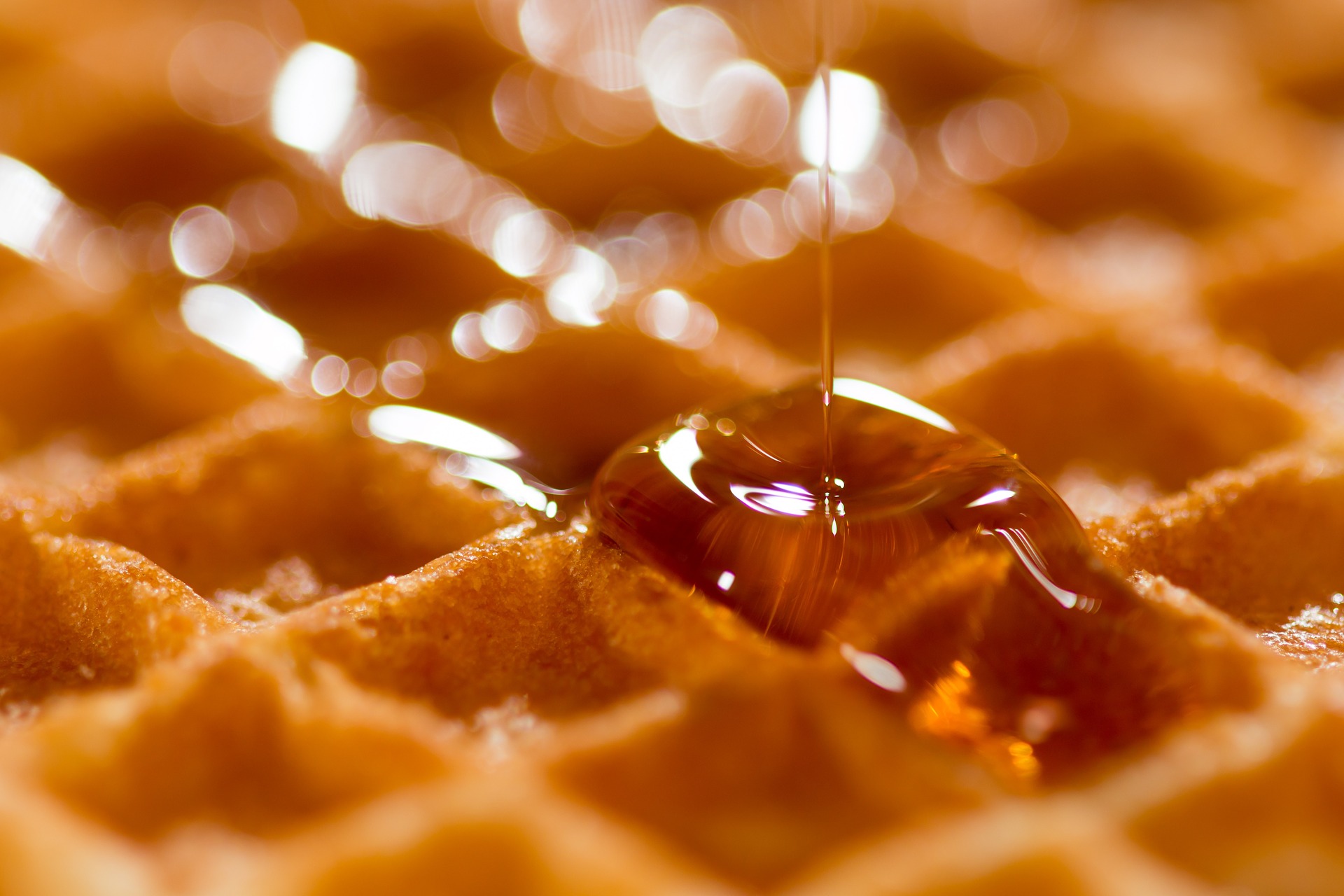Imagine this: hot, glistening maple syrup is slowly poured onto a clean sheet of fresh snow. As the syrup coagulates, you take a Popsicle stick and roll up the taffy-like substance. Pure sweetness and bliss.
Researchers have discovered that maple syrup may play a role in increasing the effectiveness of antibiotics and anti-cancer therapeutics. These properties of maple syrup are due to specific compounds known as polyphenols, a group of chemicals with rings in their structures and alcohol (-OH) groups.
Polyphenols have demonstrated their ability to augment the treatment of certain illnesses. In one study, researchers isolated a maple syrup extract (PRMSE) rich in phenolic compounds and applied it to various bacteria including E.coli. The extract was shown to reduce biofilm formation, increase susceptibility of biofilms to antibiotics, and suppress many drug resistance genes. Since biofilms are substances formed by bacteria to help them adhere to surfaces and replicate easily, PRMSE enhances the effectiveness of antibiotics by inhibiting the growth and increasing the susceptibility of biofilms. According to the results of this study, phenolic compounds, in general, seem to contribute positively to the effectiveness of antibiotics against bacteria.
Maple syrup phenolics also appear to possess some anti-cancer properties. In one study, researchers explored the role of polyphenols found in maple sap. They applied Ginnalins A-C (polyphenols) to non-tumor producing and tumor producing colon and breast cells, discovering that the polyphenols were most effective against tumorigenic (tumor producing) cells. These results demonstrate the anti-cancer abilities of polyphenols.
Sweet and natural, maple syrup has proven to possess benefits beyond simply being delicious. Its potential antibiotic and anticancer properties make it another tool for combating cancer and infections, which may just prove that “A spoonful of sugar helps the medicine go down.”
Feature Image Source: Unsplash










